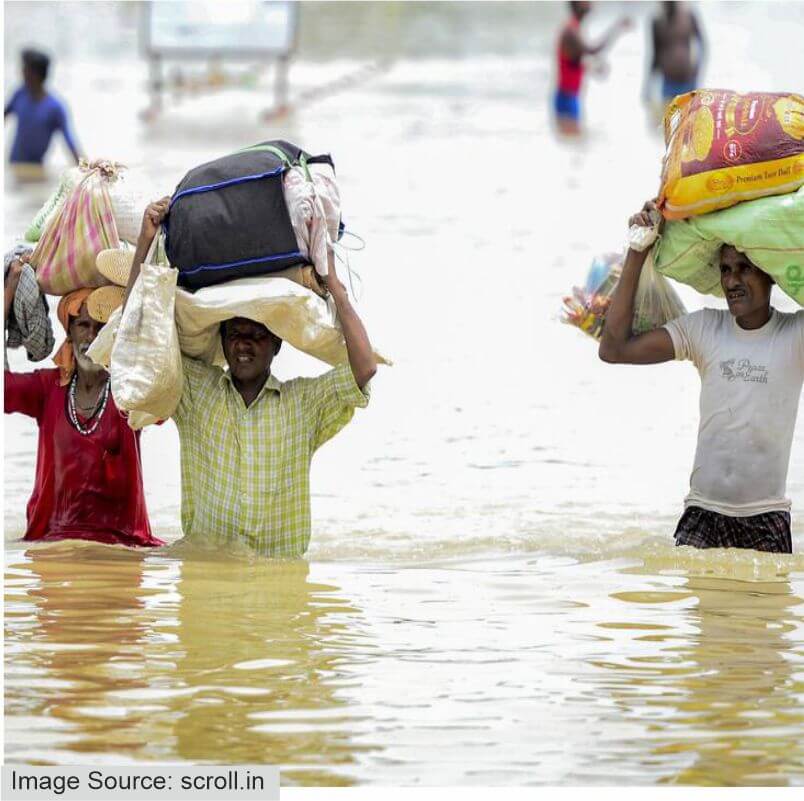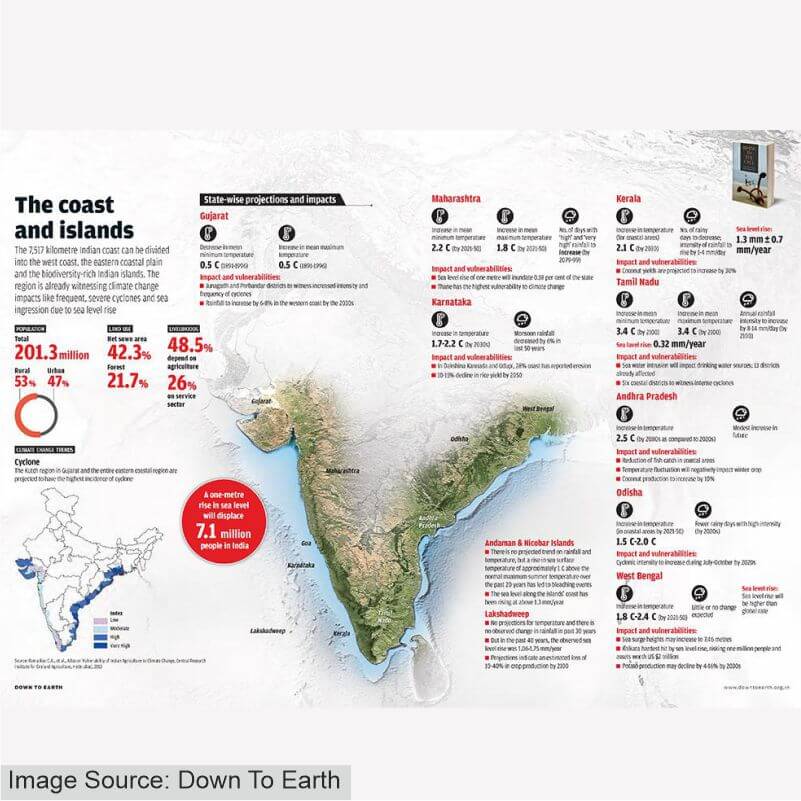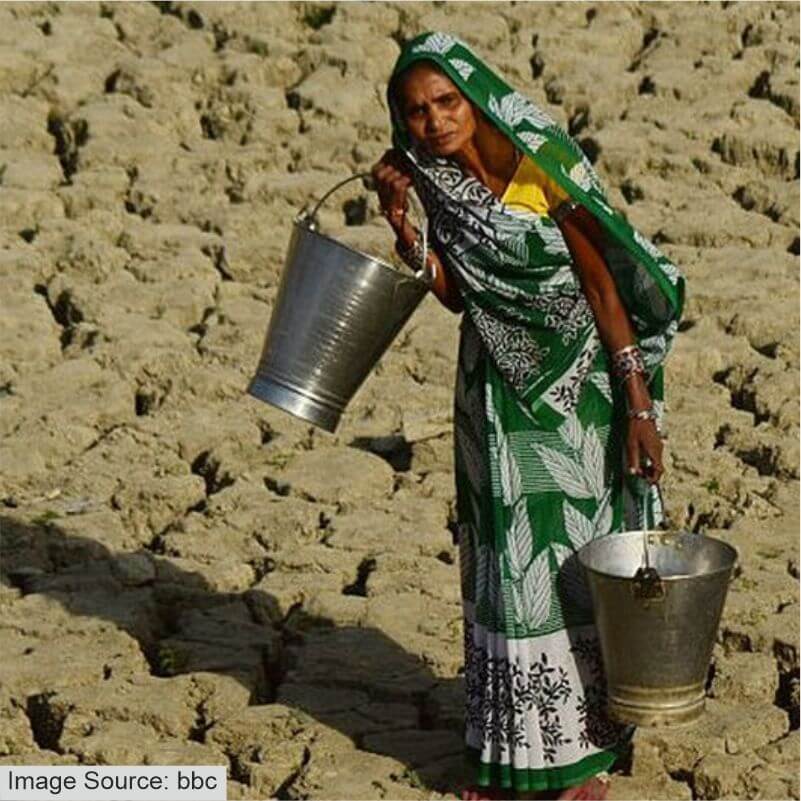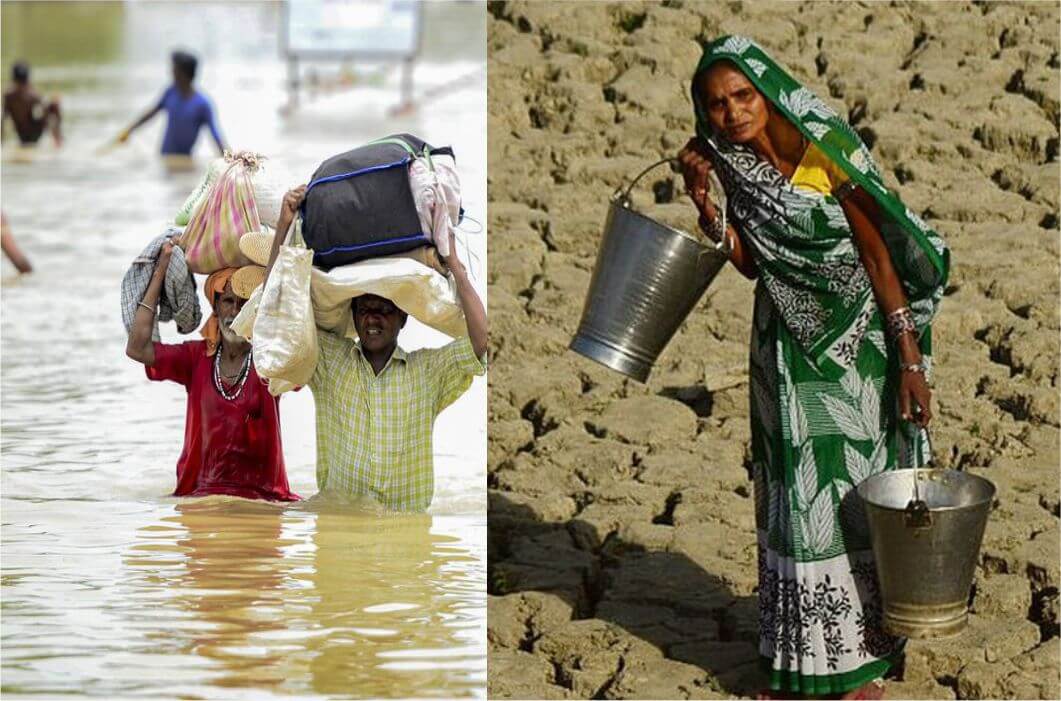At the "Energy and Man" symposium in 1959, Edward Teller became the first scientist to be ignored by fossil fuel co-operations. His warnings were similar to those of scientists that would echo his sentiments nearly 30 years after him- “Burning of fossil fuels will cause marked climate changes, and possibly have grave consequences”- And, What did fossil-fuel companies do?- Well, They formed task forces to study the impact of fossil fuels on the climate. The reports of these Task forces’, however, were kept secret for nearly half a century. Companies did not pay much attention to these reports. Instead, they funded and ran campaigns discrediting research published by the scientists. Exxon, Shell, and BP were some companies that continued producing fossil fuels by completely ignoring their warnings.
It’s been 60 years since the symposium, and almost nothing has changed. We still see fossil fuel co-operations blocking climate reforms. We still see efforts to raise awareness about climate change go in vain. We see the phenomenon of climate change is referred to as ‘climate misinformation’.It is unfortunate that we can not get ourselves to take IPCC reports seriously. Climate change has been put on the back burner for a long time, it seems as if we have been waiting for an extreme weather event to occur (Sadly, multiple of which have taken place in our nearest vicinities in India). I can go on and on about everything humans have done wrong, from gross negligence to criminal offences. Still, the main point is that perhaps we are looking at climate change in the wrong way: Perhaps we need to look at climate change such that it directly affects us: Climate and Human Health.

The impact of climate change on human health has been overlooked for decades. Most climate reports focus on the losses incurred by governments and taxpayers to fix climate change. The IPCC has not focused much on climate change's effect on human health. The media has under-reported developments in this field. For example, not many of us know that COP26 had a health pavilion -a pavilion which focused on health and climate change. Not many of us know that WHO conducted studies assessing The global burden of disease due to climate change, starting in 2006. During extreme weather events, we focus on the losses incurred by the state, the number of people who lost their lives, and the number of people injured, but we often overlook the diseases followed by such weather events. For example, The Mumbai floods of 2005 caused the spread of diseases like leptospirosis, cholera, dengue, and malaria. With extreme weather events like floods more likely to occur with an increased frequency, we will see more outbreaks of diseases.
Extreme Weather Events aside, another factor we have to worry about is the temperature rise. Rising temperatures could facilitate the birth of infectious diseases in regions where they were nonexistent. Salmonella and cholera bacteria, for example, proliferate more rapidly at higher temperatures, salmonella in the animal gut and food, and cholera in water. In regions where a low temperature, low rainfall, or the absence of vector habitat restricts the transmission of vector-borne diseases, climatic changes could tip the ecological balance and trigger epidemics. Epidemics can also result from climate-related migration of reservoir hosts(organisms that transmit vector-borne diseases) or human populations.

Other predicted phenomena such as longer summers and shorter winters would have a massive impact on the mortality of humans, particularly in urban areas, because urban architecture traps heat and increases the temperature. Most studies have shown a positive association between thermal stress and mortality in older age groups. Other research indicates that mentally ill people, children, and others in thermally stressful occupations or with pre-existing illnesses are also vulnerable.
How will this angle be different from the rest? How effective is this going to be? Firstly, whenever anything has come close to harming human health, there has often been a lot of uproars, and in most cases, action has been taken. For example, the nestle-lead scandal, the Johnson & Johnson talcum powder scandal, and Pharmaceutical companies intentionally causing the opioid crisis all caused major uproars. I still know people who don’t eat Maggi to this day! Human health does have the potential to bring climate change to the center stage and keep it there for a long time.

Not many people pay attention to reports when most of them focus on facts we learn in school. Most of us gain interest when we encounter something new. Repetition works in most cases, but for topics such as climate change which has had fifty years' worth of repetition, it is necessary to bring new dimensions to the limelight. Recent media coverage on the impact of fast fashion on climate change is a step in the right direction. Uncovering other realms which would be affected due to climate change will contribute to keeping ourselves engaged. We must keep ourselves engaged to not let inaction wrap its heads around us.
To change the world, one must change themselves. Hence to cope with climate change, every individual must contribute. We must start walking the talk to protect our planet. After all, we have not inherited this planet from our ancestors; we have borrowed from our future generations.
*This Blog Is Authored By Himanshu Udupi
References:
- https://sci-hub.se/10.1016/s0140-6736(06)68079-3
- https://sci-hub.se/10.1016/s0140-6736(06)68933-2
- https://www.who.int/initiatives/cop26-health-programme
- https://www.reuters.com/legal/litigation/drug-distributors-agree-finalize-opioid-settlement-2022-02-25/
- https://www.indiatoday.in/business/story/nestle-unhealthy-food-controversy-looking-back-at-the-maggi-noodles-crisis-in-india-1810003-2021-06-02
- https://www.greenbiz.com/article/what-big-oil-knew-about-climate-change-1959#:~:text=In%201986%2C%20Dutch%20oil%20company,forced%20migration%20around%20the%20world
- https://www.hsph.harvard.edu/c-change/subtopics/coronavirus-and-climate-change/
